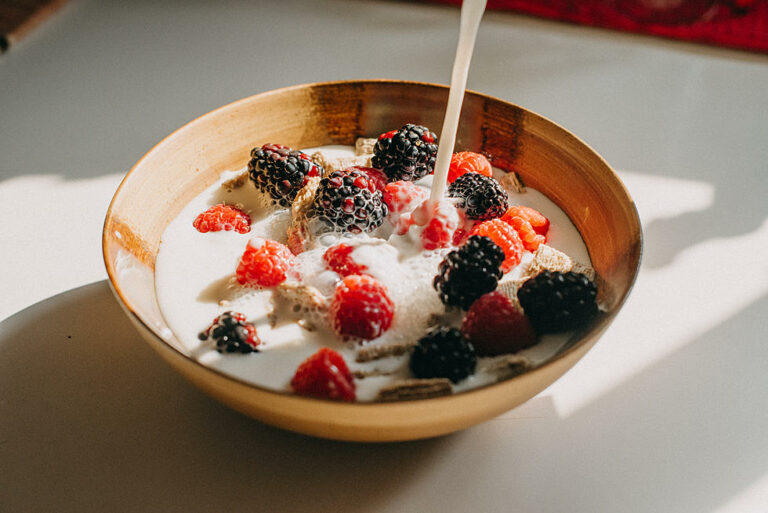
We get it. Tell someone to stop drinking milk and they’ll think you’re crazy, but there are good reasons to do so. For years, the dairy industry has done a great job of promoting its product. Campaigns such as Got Milk? have been pushed into homes globally, and their effect has been dramatic. Milk being good for you is almost as guaranteed as death and taxes in most people’s eyes. Unfortunately, the truth is a little different. Here we take a look at 8 reasons why you really should stop drinking milk if you haven’t already.
It’s simply not as wholesome as you think

Milk is not the wholesome farm drink that it once was.
Milk was once taken directly from the cow and consumed unpasteurised, or raw, but not anymore. The pasteurisation and homogenisation processes that are now standard increase the acidifying effects of drinking milk. This may lead to many health problems, some of which are covered later.
These processes also remove many of the valuable enzymes, many of which are replaced by ones that have a detrimental effect on health. The fact that milk is now highly processed leads to the next point…
Unhealthy added extras

Milk isn’t just milk anymore. There are now many other less appealing things in this drink.
The modern farming methods used mean that milk now often includes antibiotics and hormones. For example, most dairy farmers inject their cows with rBGH. This is a manmade form of bovine growth hormone that is injected to artificially increase a cow’s milk production.
A side effect of this hormone is an increase of the insulin growth factor 1 (IGF-1) in the blood levels of those who drink it and there is even some evidence that links this to certain types of cancer.
The antibiotics given to cows to prevent diseases are passed directly into the milk and this can lead to health problems for humans. These include damage to digestive health and weakening of the immune system.
Some of the things found in milk are not put there by the farmers, though. Pus is produced inside the udder as a reaction to bacteria and infections. This then contaminates the milk. Although there are systems in place to limit the amount of bacteria in cow’s milk, it is impossible to prevent this entirely.
Believe it or not, milk depletes calcium
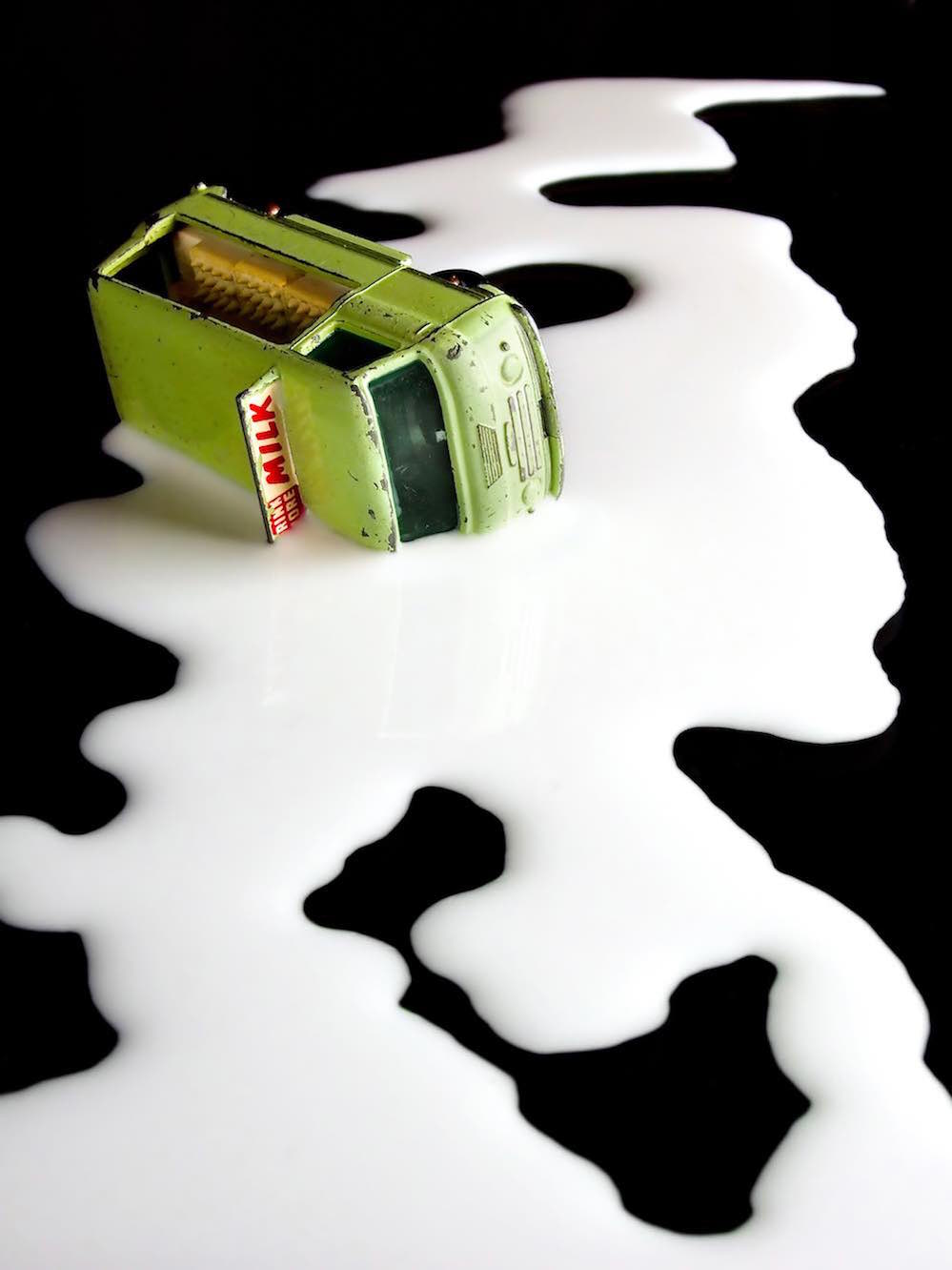
Most children are brought up being told by their parents to drink their milk because it is good for their bones. This belief is based on the fact that milk is rich in both protein and calcium and these are essential nutrients for good bone health.
However, this has been widely shown to be a myth as not only do humans barely absorb the calcium from cow’s milk, drinking it can actually deplete calcium levels.
Animal proteins, like milk, acidify the body’s pH and this causes a biological correction. Calcium is released from the bones to act as an acid neutralizer and leaves the body in our urine, thus depleting calcium levels in our bones.
Drinking milk may lead to osteoporosis
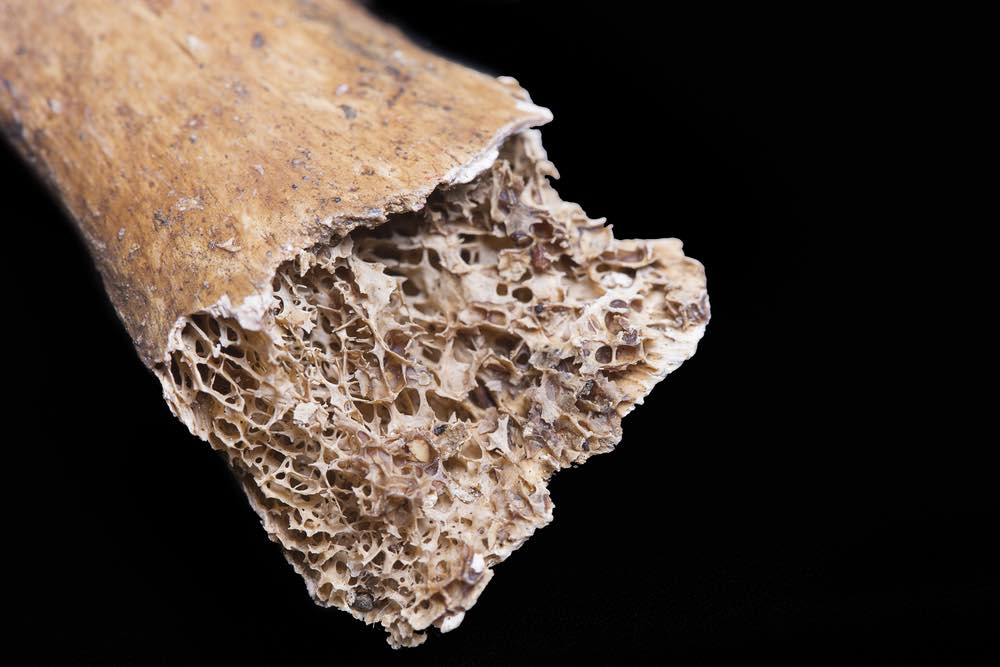
Statistics appear to show a correlation between the amount of dairy products consumed and the number of reported bone fractures in certain countries across the world.
Countries that have a low dairy consumption have fewer incidences of bone fractures and the number of people with osteoporosis is often higher in regions where people consume high quantities of dairy products.
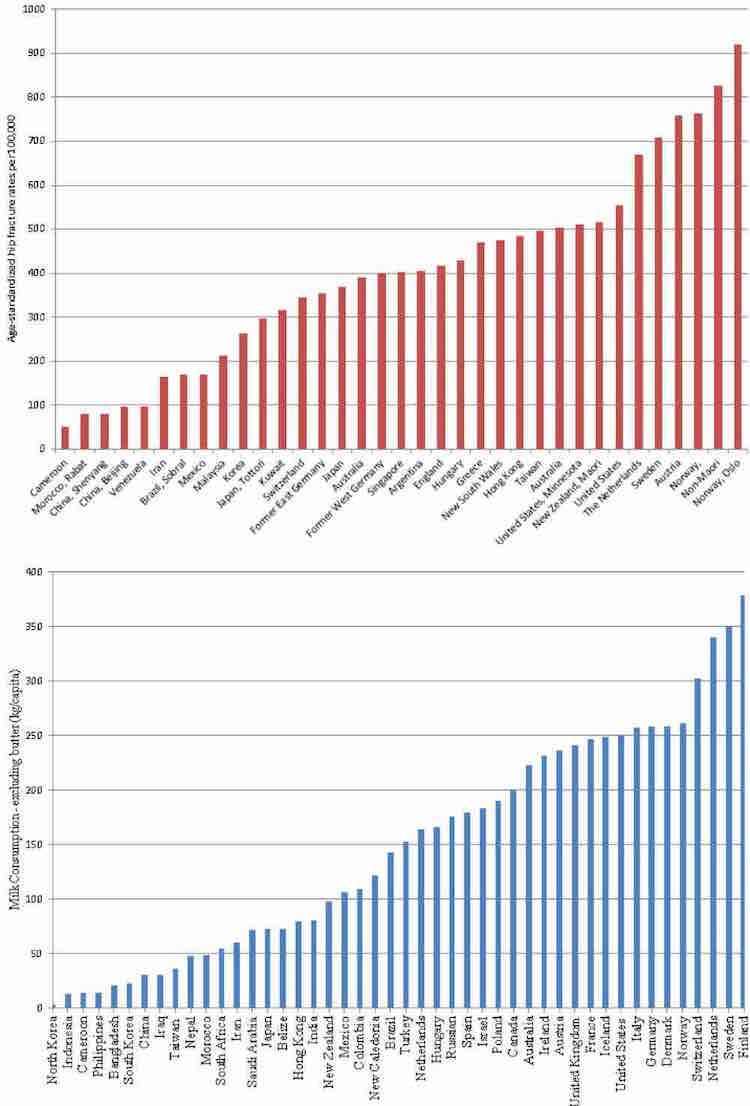
However, direct evidence is lacking, but many believe that countries such as China have lower incidences of poor bone health because of where they get their calcium from. Dairy products are relatively rare in parts of Asia, so most of their calcium comes from plants.
Whether or not this makes a difference is up for debate, but the links are most definitely there. Direct evidence may not be in place, but there are studies that unequivocally state that milk consumption does not help with bone mineralization.
While cow’s milk may increase the chances of osteoporosis, a certain plant-based milk may help prevent it. Soy-based products are thought to help with osteoporosis, so soy milk should be on your menu rather than dairy.
Cow’s milk can cause weight gain
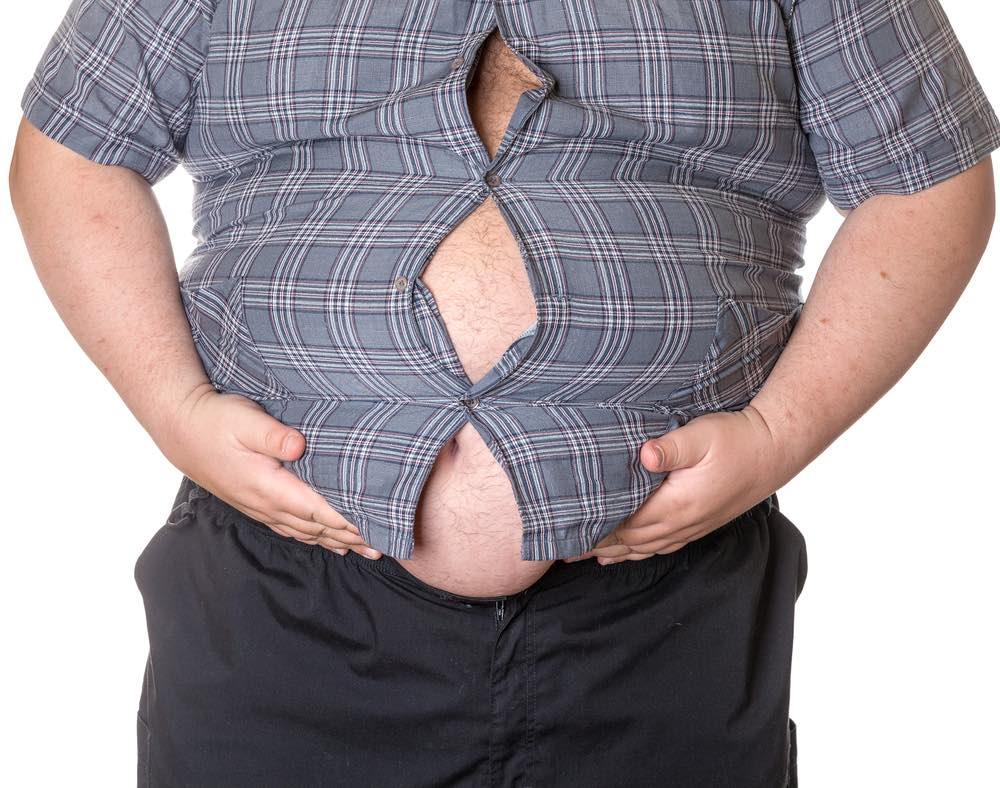
When looking for ways to lose weight, people often switch from full-fat milk to skimmed as one of their weight loss strategies. However, the fat you consume when you drink milk is not necessarily the cause of those extra pounds.
The Insulin Growth Factor 1 we spoke about earlier could be a contributory factor. IGF1 is injected into cows to increase milk production, but it is not removed by pasteurisation. This means that it is passed directly into milk, potentially causing a growth response in humans when consumed.
Furthermore, some studies have shown that children who are given three or more servings of milk each day are more prone to becoming overweight. This directly contradicts dairy industries advertising campaigns which suggest that drinking cow’s milk will help children to maintain or even lose weight.
Since 1980, there has been a significant increase in obesity in children and adolescents. Some scientists have hypothesized that this is linked to parents being advised to replace sugary drinks with milk in order to lower the amount of sugar being consumed.
Although this will have stopped children from suffering the effects of a diet high in sugar, it certainly hasn’t lowered childhood obesity.
Milk may heighten mucus production
Whether or not milk causes excess mucus production is a debate that continues amongst scientists researching this subject and the results of studies are very much varied.
However, there are many studies that provide evidence to suggest that large amounts of milk in the diet can lead to the production of excess mucus and other health problems linked to this, such as respiratory illnesses, rhinitis and allergies. The most probable cause for this is the immune system attacking the animal derived proteins in milk because the human body is not designed to process it.
There is also some evidence to suggest that people who are already suffering from respiratory tract problems or excessive mucus production find that their symptoms improve when they begin a dairy elimination diet.
Can cause bloating, excess gas and digestive problems
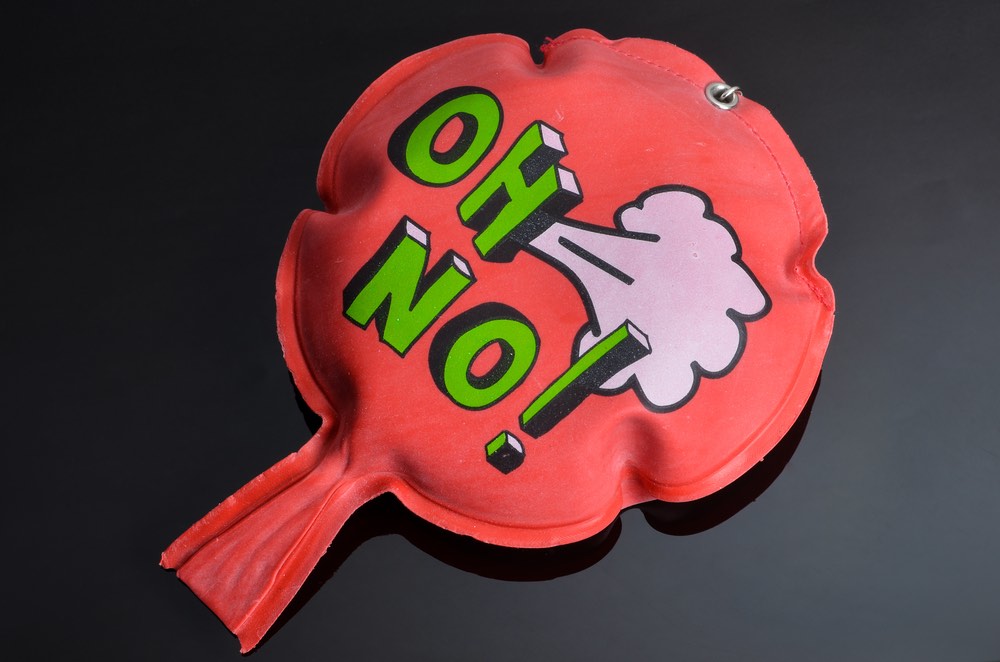
According to the latest statistics, 33% of people in the US have problems digesting milk products. Typical symptoms include bloating, excess gas, abdominal cramps, diarrhoea, fatigue and headaches.
Humans produce an enzyme called lactase that helps us digest lactose, but the production of this enzyme diminishes from as young as the age of two, potentially leading to lactose intolerance in some adults.
A UK study showed that a significant number of people who experienced the aforementioned symptoms showed improvements when they cut dairy products from their diet. However, there is new evidence that suggests that the symptoms many milk drinkers suffer may actually be caused by a protein in the milk, not simply an intolerance to lactose.
The A1 protein was was originally caused by a genetic mutation, and a study which compared the lives and symptoms of people consuming milk containing the A1 protein to those drinking milk produced by Australian farmers that contained an A2 protein from specially bred cows offered up some startling results.
Those who drank milk containing A2 showed fewer negative symptoms compared to those drinking milk containing the A1 protein. The study concluded that the A1 protein was a likely cause of symptoms including loose stools, gas, bloating and abdominal cramps – all of which are naturally undesirable.
The jury is still out on whether or not A1 or A2 milk is better for you, but one thing is certain – plant milks are better than both when it comes to avoiding such nasty side effects.
Cow’s milk is for cows
The biochemical make-up of cow’s milk is perfectly suited to turn a 65-pound newborn calf into a 400-pound cow in one year. It contains, for example, three times more protein and seven times more mineral content while human milk has 10 times as much essential fatty acids, three times as much selenium, and half the calcium. Some may like cow’s milk but drinking it is both unnecessary and potentially harmful.